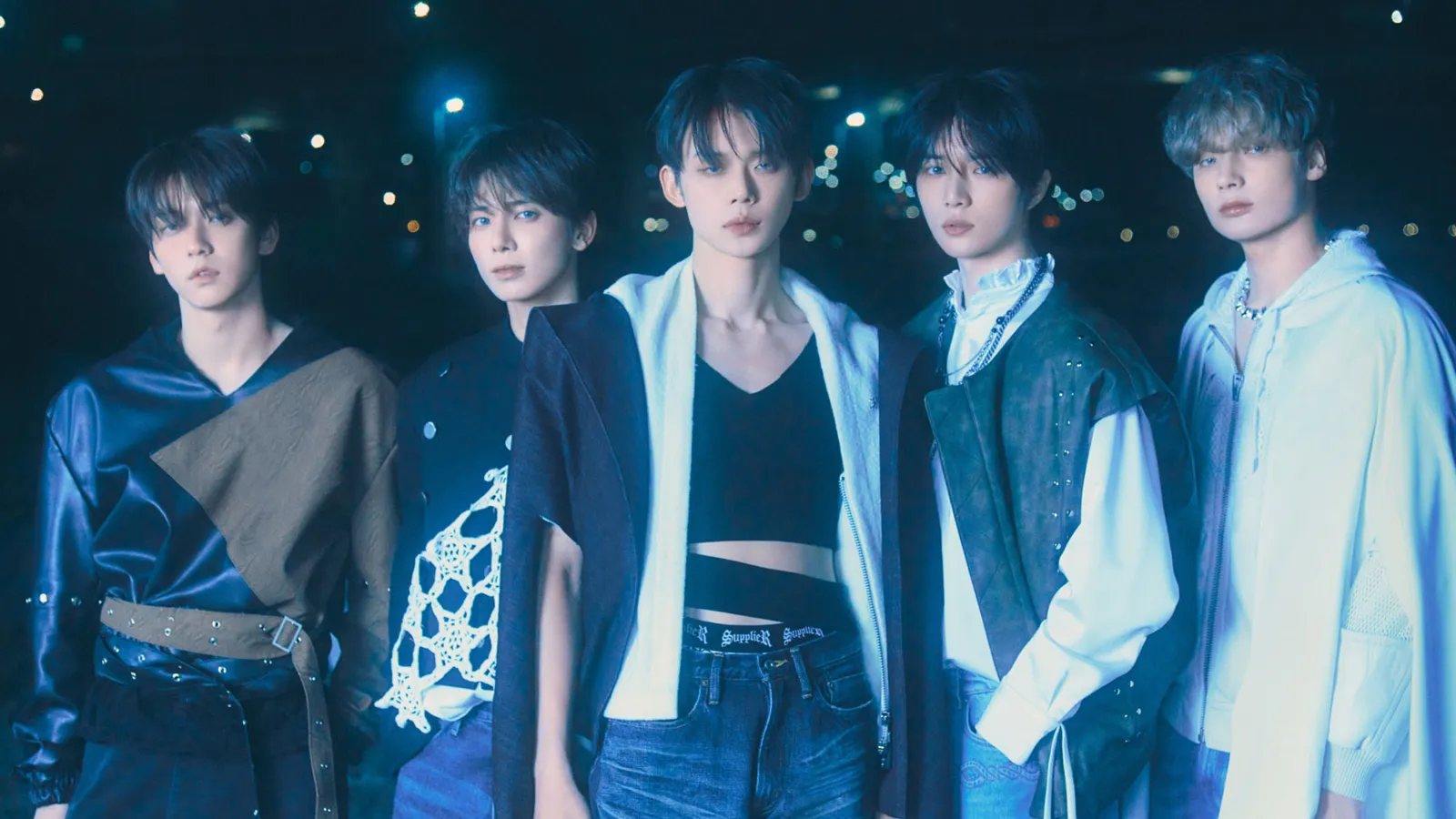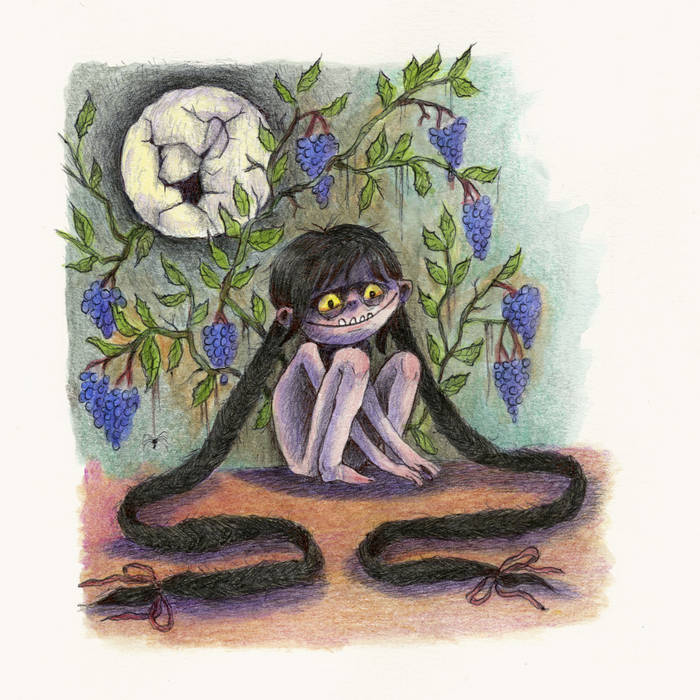From being seen as the little brothers of global superstars BTS to headlining at Lollapalooza, Tomorrow X Together — better known as TXT — has become an international sensation, consistently topping charts worldwide. The five-member group, signed under Hybe Labels, has consistently topped charts since their debut in 2019. In just five years, TXT has released 11 albums and embarked on two world tours, all of which have broken records for the number of albums sold and how quickly concert tickets have sold out. Their recent release, “Minisode 3: Tomorrow,” is the third installment of their “minisode” series composed mostly by the group members, and it is no exception to their success. Just a day after the album’s release, it charted No. 4 on Global Apple Music Charts, surpassed 10 million streams on Spotify, and garnered 22 million views on the title track “Deja Vu”’s music video. Despite containing only seven tracks — one of which is a mere seven seconds long — the album has rapidly climbed the charts and broken group and global records.
The title track of this comeback, “Deja Vu,” became the group’s fastest music video to surpass all their previous records. The concept alternates between lighter shots of the members in grayscale and stunning glittery images, contrasting them with darker, stormier shots to depict a relationship that endures trials and tribulations but triumphs due to the comfort of familiarity and connected experiences. These juxtaposing visuals, depicting anguish and desperation alongside moments of reunion and unity, highlight the song’s themes of fleeing from love out of fear but finding solace in close bonds. The choreography seamlessly integrates with these emotional shots, enhancing the viewing experience and emphasizing key points of the song, such as the catchy chorus and dance break into the bridge — two elements historically popular among TXT fans. The video’s stunning visuals and integrated concepts captivate viewers, enriching the listening experience. Moreover, the four-minute video beautifully showcases the emotional depth of the track and includes subtle callbacks to previous songs appreciated by seasoned fans, such as myself. I found this track to be a defining piece of the album; it feels comfortingly familiar to TXT’s past works, but it still captures the vibes they are going for in this new era of their music. Despite its novelty, it almost feels nostalgic, as they consistently reference older aspects of their careers, and the melodies are reminiscent of their past compositions. The choreography ties the whole performance together and is intuitive and easy to remember, something that will definitely hold my attention.
“Deja Vu” is preceded by “I’ll See You There Tomorrow,” a song I initially didn’t think fit with the overall vibes of the mini-album but have grown to appreciate. Its funky, house-pop beats and bright melodies reference the relationship between TXT and their fans, with lyrics like “Together beyond, I’ll see you there tomorrow” serving as a sweet ode to their supporters. Another appreciated callback in this album is the seven-second Morse code track interlude following “I’ll See You There Tomorrow” and leading into the title track. TXT first introduced Morse code in their debut track “Crown” five years ago, and this album’s inclusion of Morse code, “- — — — .-. .-. — .–” meaning “Tomorrow,” connects their past accomplishments with their new ones.
The next track, “Miracle,” is my personal favorite and is stylistically similar to a track from a previous project, “Wishlist.” Its upbeat, whimsical vibes discuss themes of the journey and connection between the group and their fans, reinforcing the message of mutual support. These love letters to the fanbase are followed by two songs divided into units: “The Killa (I Belong to You)” by the two eldest members, Yeonjun and Soobin, and “Quarter Life” by the younger three members, Beomgyu, Taehyun, and Hueningkai. “The Killa (I Belong to You)” has quickly become a fan favorite with its Afrobeat influences and sensual melodies that invite listeners to dance along. In contrast, “Quarter Life” delves into deeper themes of feeling lost and too young amidst life’s pressures, alluding to a “Quarter Life crisis,” yet retains the vibe that it could have come straight from a coming-of-age film. The album concludes with a remix of the title track, “Deja Vu (Anemoia Remix),” offering a more rock-oriented rendition that complements the vocals of the members.
After listening to this album on repeat, I thoroughly enjoyed the tracks and appreciate the effort put into ensuring that the songs represented not only the members’ feelings and experiences but also their connections with the fanbase. As someone who has been a fan since TXT’s debut, I was particularly moved by the callbacks to older works, especially the inclusion of Morse code, which has been a defining feature in their discography, and the nods to the fandom for their support leading to global success. The “Deja Vu” remix and the unit songs contribute to the album’s cohesiveness, making the seven songs feel interconnected. While I understand that this “minisode” may not suit every fan’s taste, I found it to be an enjoyable listen, especially considering the direction TXT’s music has taken since the last album. I eagerly anticipate seeing how they perform these tracks in a live setting on their upcoming tour, Act: Promise.
Image courtesy of Rolling Stone









Shilpa • Apr 7, 2024 at 5:27 pm
Yayy leea writer debut!! This was so fun to read and i absolutely agree i loved seeing the connection to older songs and albums.